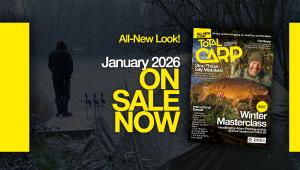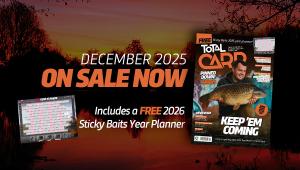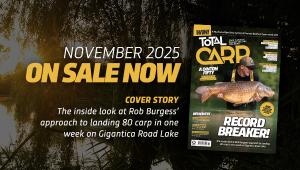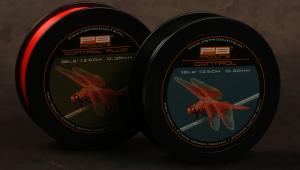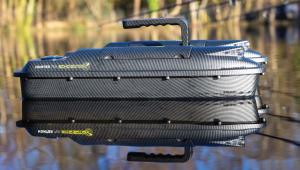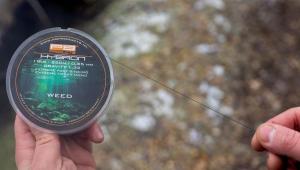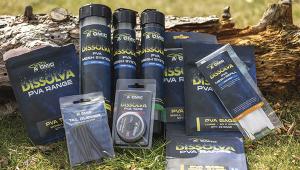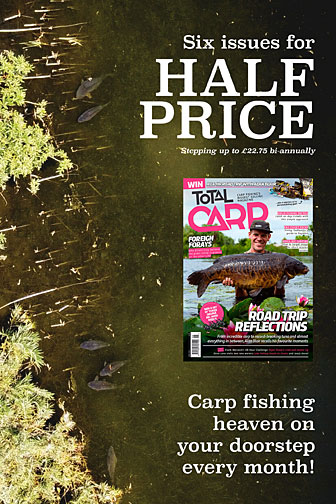Go For Your Own ‘olympic Gold’ During National Fishing Month
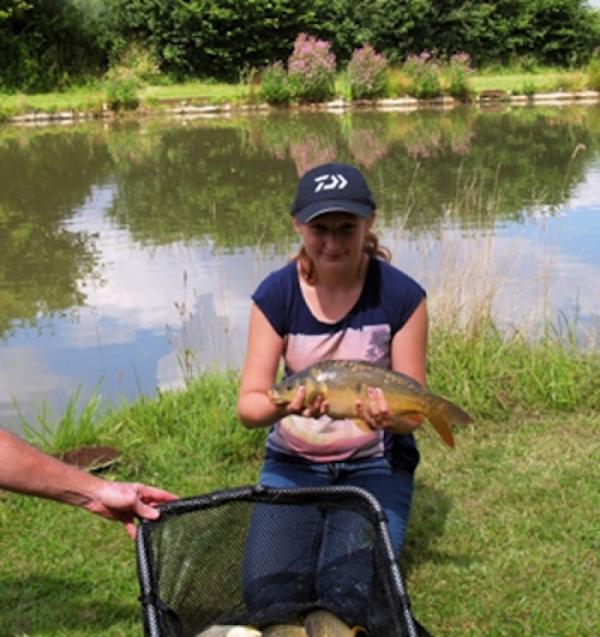
Angling is still searching for its position in the mainstream sports arenas. Although it is a participatory sport, hugely popular on a world-wide basis and practised in virtually every country, general acceptance by those that follow sports is largely absent. There are no Olympic angling medals at stake in Rio.
There are a variety of reasons why this is the case, most of them related to a lack of understanding about the sport and what makes anglers ‘tick’. In a competitive framework, there is not the direct or indirect contact between participants that occurs with bat or ball sports; competitive angling pits the competitors against the course – a river, lake, canal or the sea – although this is also true of other outdoor Olympic sports as diverse as golf, archery, rowing and marathon running.
For casual spectators, angling is difficult to understand or follow because the degree of success is rarely visible. In golf, one can see how close to the hole the ball lands, whereas in angling, fish are usually invisible until captured. This ‘all or nothing’ outcome can be dismissed as mere luck by the uninformed, yet – consistently – the same top match anglers win national, European and World competitions. Skill is a requisite of good anglers.
Within the sport there has been speculation that some of the niche competitive activities, such as distance casting, could form the basis for entertaining televisual coverage. Moreover, there are a growing number of angling-related programmes which focus on contrived competitions between small numbers of people or ‘man against monster fish’ contests, usually in dramatic or picturesque surroundings around the world.
Although some of these programmes have elicited a range of responses from anglers, there is no doubt that they have raised the sport’s profile and inspired non-anglers to try the sport for the first time or to consider doing so. There is no shortage of opportunities for would-be anglers to get started and to maintain their participation to competition levels if they wish – through school fishing projects and the Angling Trust’s Talent Pathway, for example.
Development costs money but, despite its popularity, angling has struggled historically to attract major sponsors or lucrative advertising support. More than 4 million people fish in the UK, an audience sufficiently large to attract serious interest by any business selling goods and services.
The first step to making this a reality is for forward-thinking leaders within angling and from the corporate world to foster relationships that can develop into partnerships of huge mutual benefit. As a general rule, anglers are do-it-yourselfers, and DIY chains, insurance companies and car manufacturers have started to explore giving their support to fishing.
It is a major advantage that angling is so broadly-based, with few boundaries. There are no barriers raised by age, gender, race, social class or physical ability, and an angling session can last for as little as an hour or as long as several weeks. Anglers can fish competitively, seek specimen-sized fish or merely to catch whatever fish happen to come along. Many anglers are accompanied by family or friends, while others choose to fish alone.
This is where initiatives like National Fishing Month can help. Created over 20 years ago by the Angling Trades Association and now supported by partners such as the Angling Trust, the Environment Agency, the Canal and River Trust, Angling Cymru and the Professional Anglers Association, National Fishing Month provides an annual focus on fishing activities where anyone of any age can have a go at hundreds of NFM events across the UK.
If you don’t fish right now, there is still time to give it a chance by booking a place at an event near you through www.nationalfishingmonth.com. It could lead to a life-long passion that is as rewarding as any Olympic Gold medal.
National Fishing Month 2016 runs between 22nd July and 29th August.
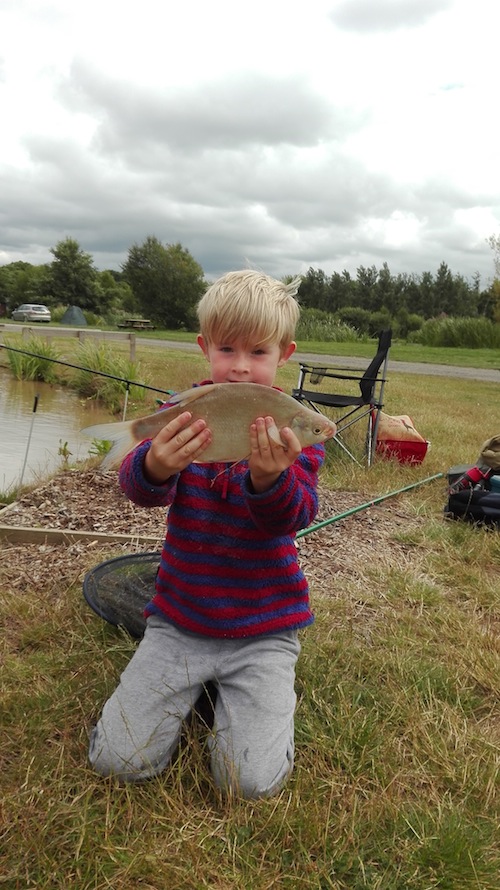
- Log in or register to post comments
